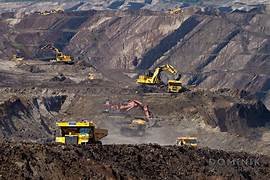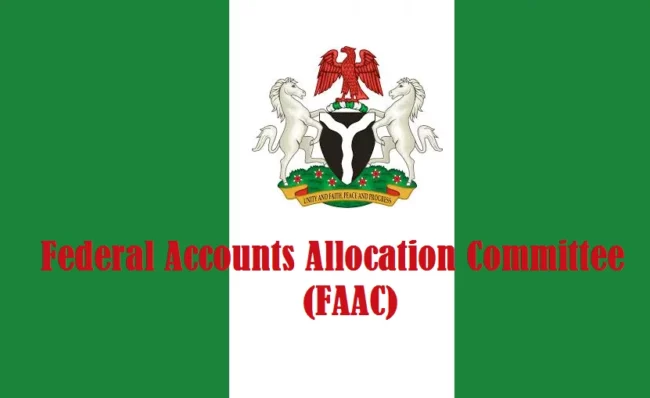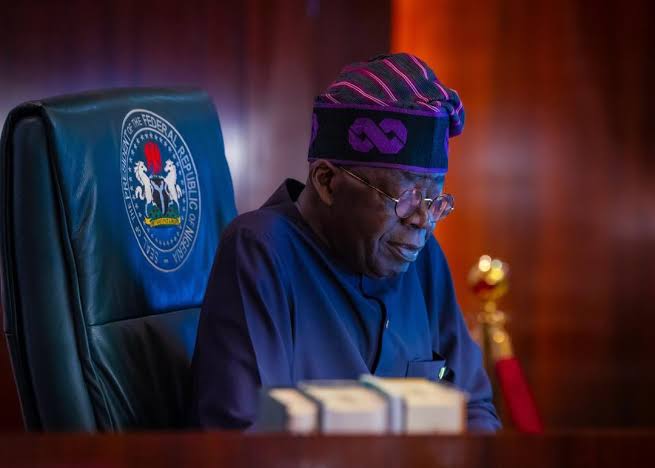The Federal Government of Nigeria has announced a new policy of granting mining licenses only to companies that show intent to locally process the mined minerals rather than export the raw mineral.
The government says it wants to shift Nigeria away from the old longstanding practice of exporting raw materials and instead prioritize processing and value-addition to the mined minerals to maximize the value of the country’s huge mineral resources to its economy.
Segun Tomori, spokesperson for Nigeria’s Minister of Solid Minerals Development, on Thursday, said to incentivize companies to locally process and spur more investment in the mining sector, government will provide additional benefits to investors, including tax exemptions for importing mining equipment, fast processing of applications for electricity generation, permission for full profit repatriation, and improved security.
“In return”, said Tomori, “we will scrutinize their proposals for establishing processing facilities and contributing to the Nigerian economy“.
He did not however specify the timeline for this new policy to come into effect.

Last week, Minister of Solid Minerals Development, Dele Alake hinted at this policy direction. He said government was going to make value addition a condition for obtaining mining licenses in Nigeria. He said such value addition will create much needed jobs and help local communities. Alake, who leads an African mining strategy group which comprise of colleague ministers from other African countries, said the Nigeria’s government policy initiative should be continent-wide.
Nigeria is a leading energy producer in Africa with huge reserve of mineral resources under its feet, but like many African countries have benefited little from this resource because it simply exported the raw materials and it lacked regulatory framework and physical infrastructure to process the raw materials into finished, complex products to earn more.
In 2023 for example, Nigeria exported tin ore and related compounds to China and Malaysia of about ₦139 billion or about $65 million only.
Last year’s records show that the mining industry contributed just 1% to the nation’s GDP despite the huge potentials of the sector.
The government hopes to improve the mining sector by issuing more licenses, particularly to those willing to process locally, and has promised to improve security to protect miners from assault and also combat illegal mining activities.
The government is also looking at establishing a state-owned solid minerals corporation, similar to the Nigerian National Petroleum Corporation (NNPC) in the oil sector which is overseeing her oil exploration and trading transactions. The Nigeria government says it is willing to keep only 25% stake in the corporation and offer the remainder 75% to investors.
Please Like 👍, Comment, Share & Follow us on our social media handles.







